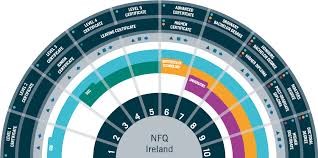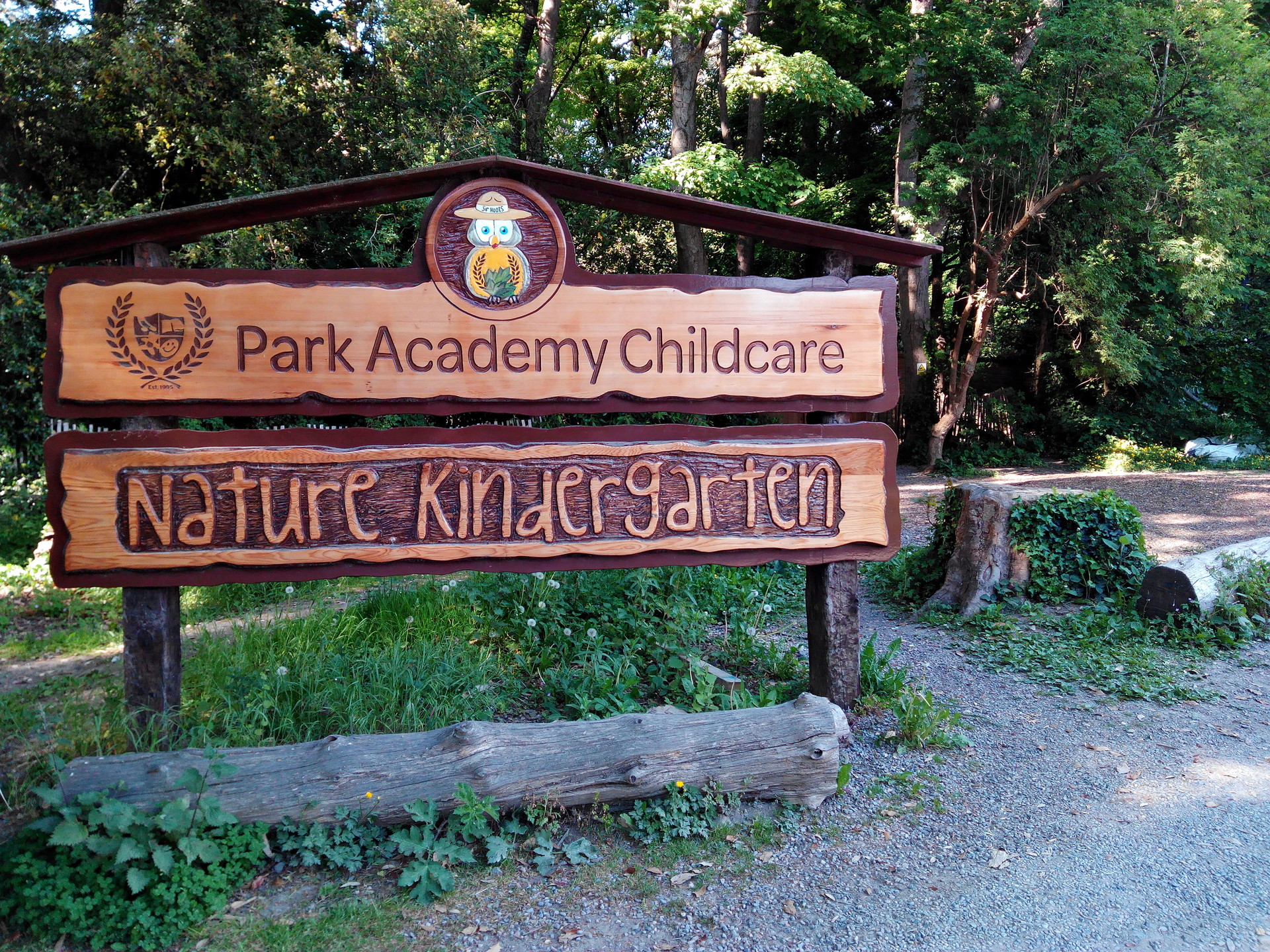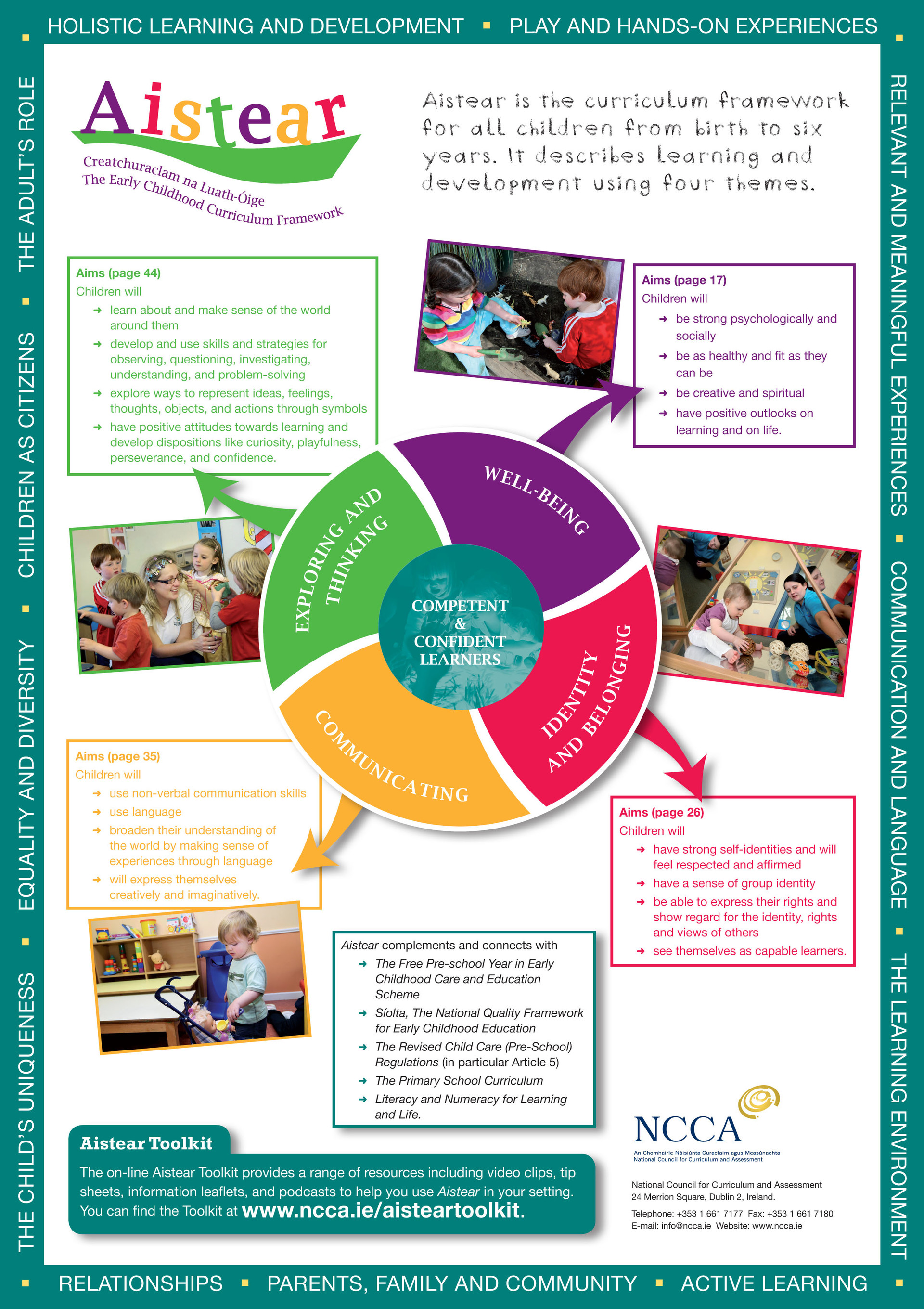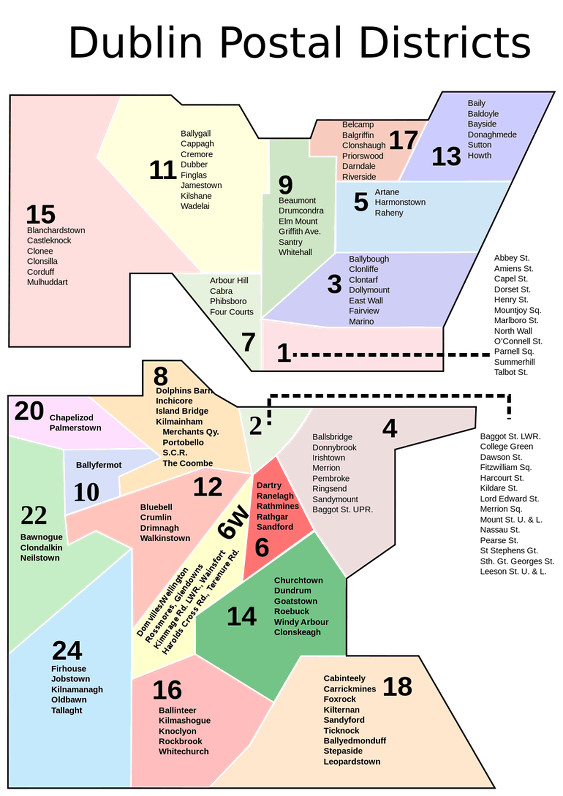Working as a Nursery School Teacher in Ireland.
Hello again!
Today marks 2 months since my arrival in Ireland (this year, of course) and I have to say that my third experience in the country has been very nice. Although we all have those bittersweet moments when we leave our little home...
But it is easier to endure when your routine is enjoyable and you are doing things that you are passionate about, right?
In this post I am going to discuss how I found a job and a house from Spain. In both occasions, since the first time that I came to Ireland it was as an Au pair, which I will speak about in another post, since that is a different process.
If you are doing teacher training or the higher level of primary school teaching, this post can help you! I will talk about the companies that I have been working with, working hours, placements, salaries and how to get in contact with them.
1. The first step in finding a teaching job in Ireland is to make a CV in English with at least two references from previous English speaking jobs and contact numbers. Here they really do call and speak to other companies, so I recommend that your references are valid and trustworthy.
2. Create a profile on Jobs.ie. On this job search site, you will find a lot of offers and you can filter the search with early years educator, early years practitioner, depending on the age you are eligible to work with, the level of your qualification (apart from level 7) and you can access positions of room leader, room supervisor or team leader.
The equivalent qualifications in Spain are as follows:
- Medium cycle (Ciclo medio) - NFQ 5
- Higher cycle (Ciclo superior) - NFQ 6
- Degree (Grado) - NFQ 8
- Masters (Máster) - NFQ 9
- Doctorate (Doctorado) - NFQ 10

Spanish qualifications in education are collected and recognised in Ireland on the page: www.dcya.ie, so you do not need to translate your degree on official forms or ask for recognition because this website recognises the majority of degrees from Spanish universities in reference to teacher training, hearing and language, special education etc. Anyway, I recommend that you give the page a quick look and find yours!
3. Apply for the positions that interest you most and have the best working conditions.
Normally the salary as an early years educator (working with children from 0-5 years), ranges between €10 and €12 per hour.
The working day can be part-time (20-25 hours a week) or full-time (40-42 hours a week). In most positions, they need full-time workers and the schedule varies depending on the company, (07. 30-16. 30/ 08. 30-17:30 /09:00-18:00).
Keep in mind that by law you have to have an hour break in your work day, if you work full time!
They will offer you 21 days of holiday per year, including festivals and Christmas. Apart from the 24th of December to the 2nd of January, nursery schools are open all year.
Your salary can range from €1300-€1700 per month, for working full time and paying taxes. It is called your contributions because you pay according to what you earn. (PAYE - Pay as you earn)
There are a series of limits and cuts for our weekly and monthly income and normally per month, you will be paying around €200-€250 for taxes.
The point of this is that you make contributions for unemployment and if you return to Spain without spending these contributions (not unemployment in Ireland) at the end of the year, you can ask for a tax return with an online form, called a P21 (statement), a declaration of income in Ireland.
Here is a list of education companies in Dublin that are hiring a lot of Spanish people and other European or international nationalities:
- Park Academy Childcare. This business is one of my favourites and it is the reason that I have returned to Ireland. The conditions are good although the salary is lower in this sector, but still higher than in Spain and if you give reference of someone that you know to go in to work and this person complies with all the contract, they give you an economic supplement.
- Giraffe.
- Links Childcare.
- Little Harvard (one of the highest salaries in this sector).
- Once upon a time.
- Daisy Chain.
- Rathfarnham Day Care.
I will tell you my experiences and how it was in my case...
The first time that I found work in Ireland was in August 2017, I found the offer from the page Jobs.ie, sent my CV and went to 2 interviews which coincided with when I went to Dublin for holidays.
The documentation that I brought with me was with my original degree of superior technician, a copy of the degree, 2 letters of recommendation in English from previous workers, a copy of my official translated degree by a legal translation company, (€35).
Some businesses will ask you for those documents before the interview and you can send them through email, therefore I had created a folder with all the headlines, scanned documents, (passport, identity card, drivers license, etc. ). It is much more comfortable and you don't waste so much paper...
Since they accepted me in the job and one time they said that the following process would be more chaotic, but one time I got it and you can give yourselves a little pat of the back :)
This year I returned to look for work in one of the companies that I have just mentioned and I am working in an outdoor school, a type of forest school. A different and very fun experience.

For me, being a specialist in nursery education, working in Ireland with children that are more than 3 years old, is amazing, because in Spain this is the age they would be starting school and then they only have space for children's teachers.
That's why I am calling out to those who want to work with children older than 3, because the ratio here is 1:15, in my case it is 1:8 and sometimes it is 1:6 and that leads to a much more individual education and is in keeping with the pace of evolution of the children. This aspect goes in favour of the Irish curriculum, which by the way is called Aistear and includes 12 educational divided into 4 areas.

PSS number and Bank account
The PSS number will be your social security number in Ireland. To apply for it you have to access the page Intreo.ie and request an appointment to get this card with your identification number.
For security measures bring your passport or identity card if you are part of the European Union, your rental contract or proof of address and a document that shows that you are working or have a work contract, because in order to apply for the PPS, you need a document from the company that needs it (for example your company to be able to make a contract). Ask your employer to provide you with a document that explains that you need a PPS number to be able to work.
(I did this several years ago, so excuse me if I forget something)
Once you are in the Intro office they will give you a form to fill out with your personal details, they will take your photo and if everything goes well, they will send you a bluish green card to your home.
I recommend that you create an account with mywelfare.ie and revenue.ie to speed up the tax process, job and bureaucratic interviews, once you have the PPS number.
There are businesses that will help you with the process, which is what I done. They helped me and provided me with the all the papers.
In regards to a bank account, the main banks are AIB and Bank of Ireland.
I decided to make an account with AIB because there is an ATM next to my work and the bank headquarters so I was able to open the account when had a break in work. AIB have an office in Dublin on Grafton Street that is even open on Saturdays and this will prove useful to you when opening an account, if you cant go any other time during the week.
Accommodation
The biggest odyssey in this city. To find accommodation from Spain is the most difficult because luckily and with a lot of patience and hours in front of the computer, I found 2 places and the monthly rent with bills is €500-€550. The first was in Dublin 14 and the second in Bray (co. Wicklow)
- There are families that rent out rooms for this price and they are usually the ones who respond to the messages. To find accommodation is difficult, you have the options to look on: daft.ie, roomshare, rent.ie and forums on Facebook or on this page, erasmusu.com
- Rent in Dublin ranges from €350-€600 for one person in a single or shared double room, depending on the zone that you want to live in.
- A lot of people that I know, decided to spend a week in a hostel to look for accommodation when they were in the country.
- Be careful of fraud, never ever send money. It is true that to secure a room or flat you need to pay a deposit and if you want to do this from Spain, 90% of the time it is impossible.
In my case, I could pay my deposit on arrival to the house, because my landlord lived there and the second time I sent a small sum of money, agreeing with the landlord that I would pay the rest on arrival.
I did this, but I do not recommend it because in one day they had 30 applications to see the room and I had to leave there for work in 2 weeks. The hurries...
But I suggest that you are physically in the country some weeks before and that you look from there or that you arrange visits beforehand with other people that are looking for a shared flat.

This is a map of the zones in Dublin. 1 and 2 are the most expensive because it is in the centre of the capital, from there the price goes down, but it also depends on the zone and the type of accommodation.
I wish you all the luck in the world and energy if you decide to embark on this adventure.
Best wishes to all/The Brave!
If you have any doubts, remember that you can leave a comment and I will happily help you.
Cheers!
Photo gallery
Content available in other languages
- Español: Trabajo Educador Infantil en Irlanda.
- Italiano: Educatore infantile in Irlanda
Want to have your own Erasmus blog?
If you are experiencing living abroad, you're an avid traveller or want to promote the city where you live... create your own blog and share your adventures!
I want to create my Erasmus blog! →







Comments (0 comments)